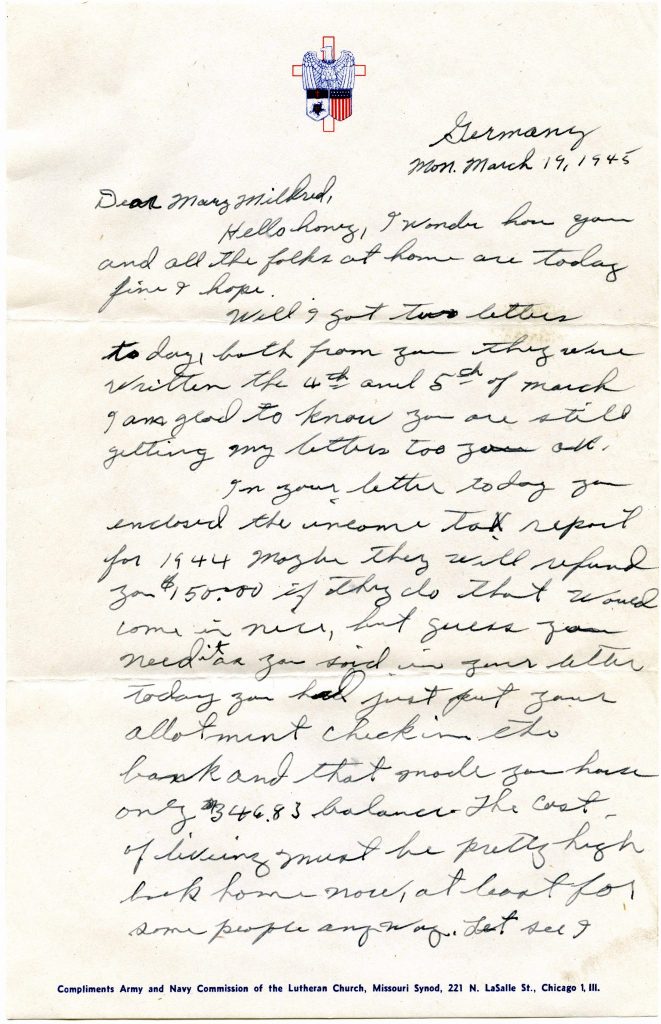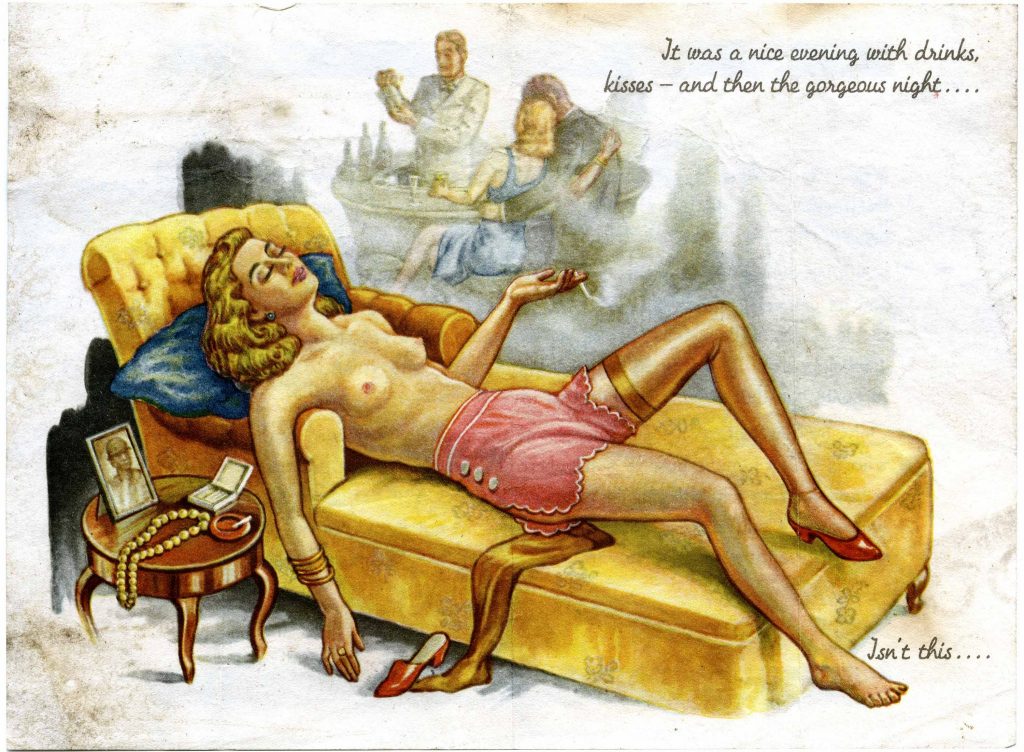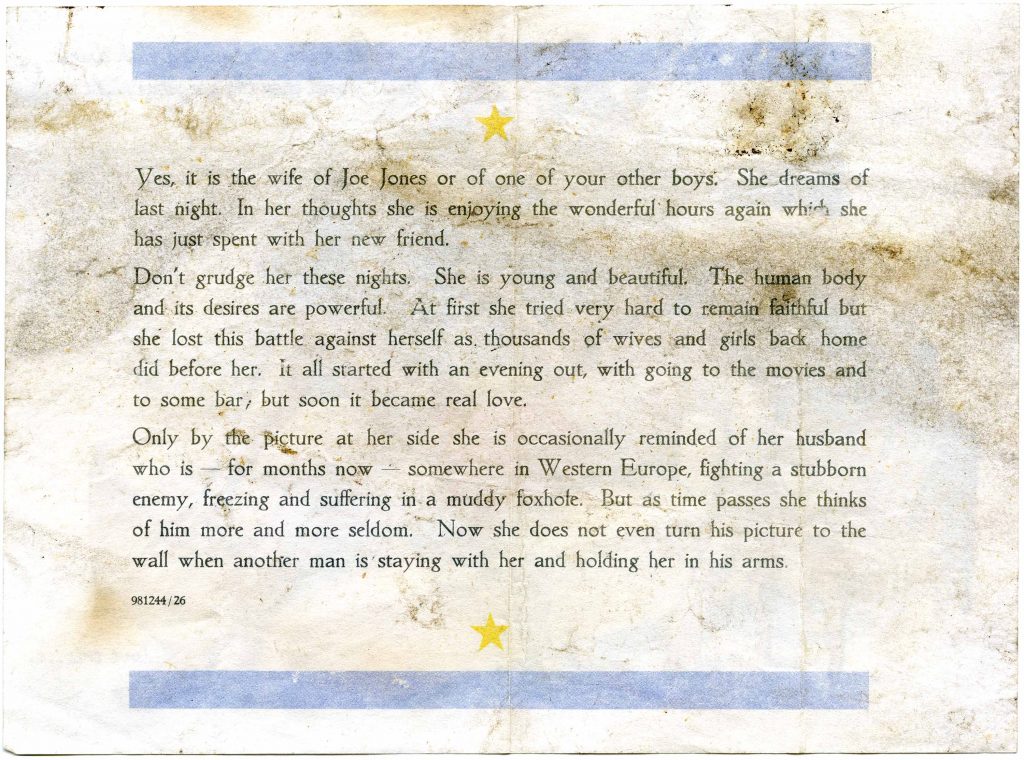This blog post was authored by Caroline Floyd, an intern in the Library’s Special Collections unit from the UTC Department of History in Spring 2018.
Working for Special Collections at the University of Tennessee at Chattanooga has provided me with the opportunity to work in a professional and academic environment. This was important to me, as it gave me the chance to have a feel for the professional world, while still having education at the heart of it all. As a History major, I have spent the past 4 years working with primary sources and different perspectives, and learning about the role that individuals have in shaping major events. Working with the Thomas R. Jones Sr. papers has given me the chance to unpack one individual’s perspective on a much broader and life-changing event, Word War II. As well as being able to utilize my historical background, this internship has taught me valuable lessons in time management. While I had a certain amount of hours to complete for the internship itself, I struggled with, and eventually learned to manage, getting work done in a timely manner. I’ve sharpened my skills with regard to using Photoshop and Excel, as well as learned to enter data efficiently. The archival work that I have helped to complete for Special Collections will provide information to people all over the world, including people like myself who are searching for perspectives that will help shape theirs.
Below is the first page of letter from Tommy Jones to his wife, Mary Mildred, in which he encloses German propaganda dropped on American soldiers serving in the European front during World War II.



The Thomas R. Jones, Sr. World War II Correspondence digital collection features letters written by the American Army Private First class Tommy Jones to Mary Mildred Jones, his wife and mother of his child in Cleveland, Tennessee. The letters range in date from the beginning of his basic training in 1943 to the end of the war and his return home in 1945. In this collection, a man from small town Tennessee is reluctantly drafted into the Army during World War II. In these very personal letters to his wife, he expresses constant disdain for training activities, how much he misses his family, and the war in general. The letters document fear, uncertainty, personal change, and hope. His letters provide a real life example of the experience that many Americans faced, contrary to the American political wartime propaganda belief of overall positivity and support for the war. Jones begins to find some solace in the experience due to the friendships he has formed, the opportunity he is given to travel and experience Europe, and being able to interact with family via letters. PFC Jones is injured during combat by some fragments of a explosion, and eventually receiving a Purple Heart decoration, which he had previously expressed was something he was never interested in, as he was only ever interested in the war ending and returning to his family.